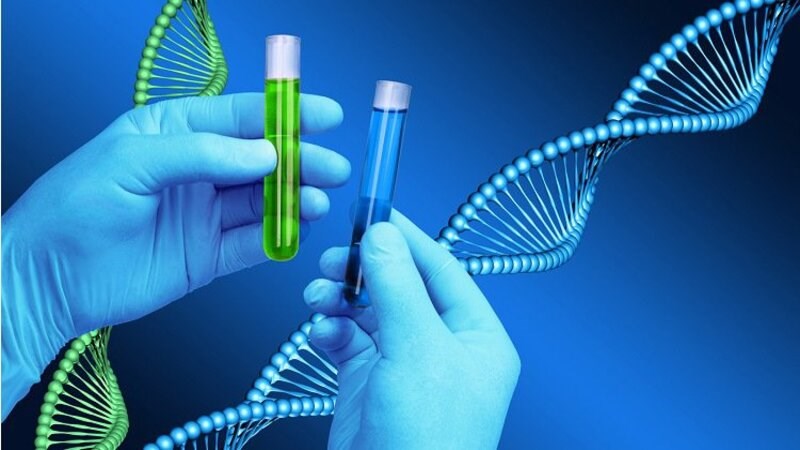
1. Symptoms of CAH in Women
1.1. Common symptoms
-
Irregular or absent menstrual periods
-
Excess hair growth on the face, chest, abdomen, or back (hirsutism)
-
Persistent acne that is difficult to treat
-
Male-pattern hair loss (thinning at the hairline or crown)
-
Reduced fertility or difficulty becoming pregnant
-
A deeper voice
-
Changes in external genital appearance (in severe cases)
1.2. Types and presentation
-
Classic CAH: Often diagnosed in infancy or early childhood, with more pronounced symptoms and potential life-threatening salt loss.
-
Non-classic CAH: Milder symptoms appearing in adolescence or adulthood, often mistaken for PCOS.
2. Challenges in diagnosis
-
Many symptoms overlap with other hormonal disorders, especially PCOS.
-
Mild CAH may only present with subtle signs like fatigue or irregular periods.
-
Some women are not diagnosed until they undergo fertility evaluations.
3. Treatment and support options
3.1. Hormone therapy
-
Corticosteroids (such as hydrocortisone or prednisone) to balance hormones and reduce excess androgen production.
-
Fludrocortisone supplementation if aldosterone is deficient, helping regulate blood pressure and maintain salt balance.
3.2. Fertility support
-
Treatments to restore ovulation.
-
Pre-pregnancy counseling and medical management during pregnancy.
-
Regular hormone monitoring for women planning to conceive.
3.3. Psychological support
-
Counseling to address anxiety, self-esteem issues, or concerns about physical appearance and fertility.
-
Joining rare disease support groups for shared experiences and encouragement.
3.4. Lifestyle and self-care
-
Maintain a balanced diet rich in calcium and vitamin D to support bone health.
-
Engage in regular exercise and maintain a healthy weight.
-
Manage stress effectively and get adequate rest.
4. Importance of early detection
-
Helps control symptoms before they significantly impact reproductive health.
-
Reduces long-term complications from hormone therapy.
-
Improves quality of life and mental well-being.
5. Conclusion
CAH in women can have a profound effect on physical health, emotional well-being, and reproductive potential. While diagnosis can be challenging due to overlapping symptoms with other conditions, awareness, timely medical care, and emotional support can make a significant difference.
Combining medical treatment – self-care – community support is the key to helping women with CAH live healthy, empowered, and fulfilling lives.
